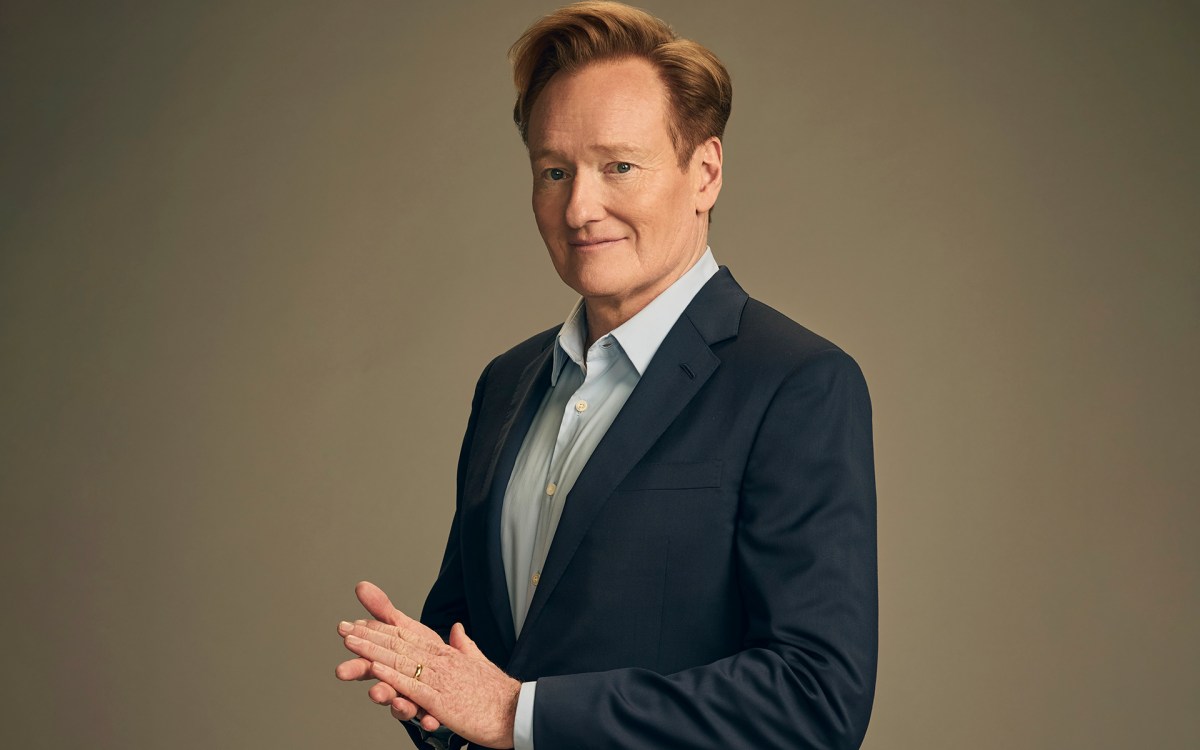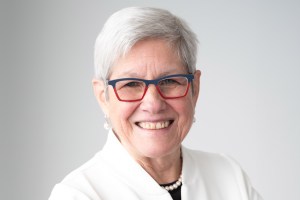Athlete, scholar, humanitarian
Andrew Berry ’09
The jersey, the helmet, the pads, the cleats — at a glance it’s easy for Andrew Berry to blend in with the rest of his teammates. But take a look at the Bel Air, Md., native after he’s left the stadium and you’ll realize that it isn’t just football that makes him special. Make no mistake, Berry’s athletic resume is impressive. Standing an inch over 6 feet, at 175 pounds, the Crimson cornerback finished his football career with three consecutive first-team All-Ivy League selections, racked up 125 tackles and five interceptions, and struck so much fear into opposing teams that quarterbacks rarely threw the ball in his direction. In his junior year he went four consecutive games without even having the ball thrown toward him.
Berry was named an All-American in his senior season; was one of five finalists for the John Wooden Citizenship Cup, which goes to the nation’s highest-achieving student-athlete who best displays character, teamwork, and citizenship; was a finalist for the Draddy Trophy as the national scholar-athlete of the year (academic Heisman Trophy); and was named the Football Championship Subdivision Athletic Director Association Scholar-Athlete of the Year.
While Berry’s on-field performance for the past four years has been nothing short of phenomenal, the All-American’s awards and statistics don’t tell the whole story.
Berry’s moves in the classroom were just as impressive. A John Harvard Scholar recently elected to Phi Beta Kappa, Berry will be receiving two degrees at Commencement — an A.B. in economics and an M.S. in computer science.
So how was it possible for Berry to find a way to excel at both athletics and academics? He explains that his passion for football, mixed with the expectations his parents had for him and his two siblings, motivated him at a young age.
“It was very simple in our household growing up,” said Berry. “Our parents set the bar very high for their kids: ‘If you guys don’t get straight A’s, you guys won’t play sports.’ It was as simple as that. … Because my brother and I loved sports so much, we never even flirted with that line. That mentality [was] engrained in us as we went through middle school, as we went through high school.”
Berry’s pigskin passion was shared with his twin brother Adam growing up, but despite playing on the same team in high school, Andrew found his brother on the other side of the line of scrimmage in college, after the two chose different college destinations: Andrew came to Harvard and Adam played for Princeton. Andrew said that lining up against his wide-receiver brother was odd for him — briefly.
“The first time was a little strange. I was a quarterback in high school so I was sort of used to throwing him the ball, so being against him was a little weird,” he said. “But after the first quarter of the first game, he was just another competitor.”
When asked if he ever laid a big hit on the Princeton Berry, Andrew said with a laugh, “He actually got me one year on a block.” Yet he didn’t neglect to add, “I never got a big hit on him, but he never caught a pass on me.”
Berry repeatedly credits his parents for the success he has had on and off the field, yet his most rewarding experiences at Harvard have not necessarily been on the turf or in the classroom, but in answering the call to serve the wider community.
“My parents were really good at making sure that we as kids always knew where we came from, regardless of how successful or unsuccessful we were,” Berry explains. “The one thing they said was, ‘Remember that as much as you have been blessed, as many people who have been blessings in your life, if you have that opportunity you should take that opportunity to be a blessing to someone else.’ That’s something I’m probably most proud of at my time at Harvard — the service opportunities I’ve been able to be part of.”
Andrew’s work with the Phillips Brooks House Association Summer Urban Program as a teacher and director; science and math tutoring at the St. Paul A.M.E. (African Methodist Episcopal) Church; and after-school program volunteering are just a few examples of the commitment he has made in his four years.
Berry will continue to find ways to volunteer in his time after Harvard and hopes eventually to serve as a mentor to young men and children in some capacity. One certainly would be hard-pressed to find a better role model.
“I feel like I won the lottery in the sense of I had so many good supportive people around me that pointed me in the right direction at critical points of my life, and I feel like if I’m in a position where I might be able to help somebody else out, that’s an opportunity I’d love to take.”




